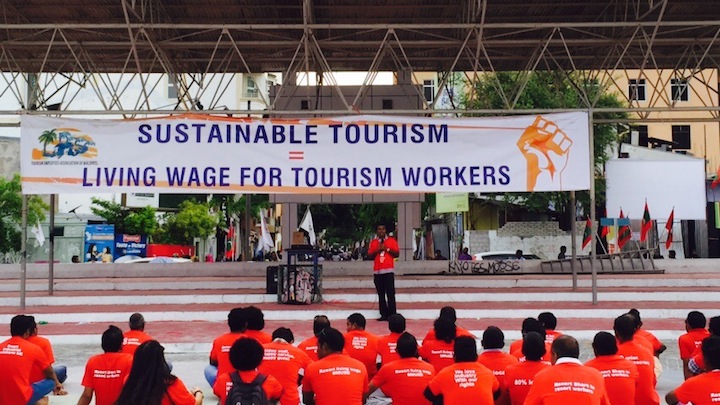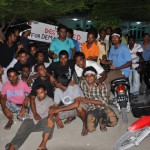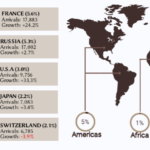Resort workers across the Maldives are furious over unpaid service charges with one employee of the Zitahli Kudafunaru Resort staging a hunger strike in protest.
Abdul Hameed Moosa first went on strike on January 18 claiming Zitahli – owned by AAA Hotels and Resorts – had failed to pay service charge allowances for 12 months.
After three days without a response from the resort’s management, Hameed staged a hunger strike last Thursday. On the same day, the resort fired Hameed after paying him the overdue allowances.
“They paid me the money I was owed till that time, but they terminated my employment unlawfully. They haven’t, however, given the severance package upon termination of contract,” Hameed told The Maldives Independent.
Hameed is now preparing to file a case at the Labour Tribunal.
AAA is owned by the family of opposition Maldivian Democratic Party’s deputy secretary general Ali Shiyam.
The Employment Act makes it mandatory for resorts to distribute income from service charge to employees after deducting no more than one percent for administrative fees.
Guests pay the service charge as a percentage on each bill and employees at most resorts earn between US$500 and US$1,000 during the high season. With a basic salary of a few hundred dollars, the service charge allowance often accounts for 70 percent of a resort worker’s monthly pay.
Meanwhile, two employees at the Bathala Island Resort, also owned by AAA, have been sacked after 37 local staff members submitted a petition related to unpaid service charges to the tourism ministry, the human rights watchdog, and the tribunal.
A staff member said the resort has not paid service charges for one year.
The two employees who were sacked after the petition was sent are also planning to contest their dismissal at the tribunal.
Seven staff members have meanwhile sent resignation letters following the sacking.
“In the petition, we said that service charge hasn’t been paid and that we do not even know how service charge is allocated. Or how much is taken for the resort and how much is given to staff,” the resort worker said.
Hussain Lirar, deputy minister of tourism, said that the ministry has not yet responded to the petition.
In late December, several employees at the Holiday Island Resort also complained of not being paid three months worth of service charges, Ramadan bonuses, and last year’s travel allowance.
In August, nearly 300 staff at resorts owned by three local companies – Villa, AAA, and Yacht Tours – quit their jobs over non-payment of wages.
Delays and non-payment of salaries and allowances are commonplace in the tourism sector, Mauroof Zakir, secretary general of the Tourism Employment Association of Maldives told The Maldives Independent.
“Service charges in particular are important to [resort workers]. Their salaries are relatively low. Service charges make up most of their pay. But resort managements take it for themselves,” he said.
“Sometimes, they spend it on repairs and cover breakage, internet or staff transport. In their eyes, these things are done for the staff and that justifies using money that the law mandates must be given to the staff.”
TEAM has raised the issue with the Auditor General’s office, Mauroof said, noting the lack of appropriate mechanisms to address the longstanding problem.
Mauroof also suggested that most resort workers are afraid of standing up to the resort’s management even when they are not paid for months.
“Most resorts don’t allow TEAM to go the resort to spread awareness. Resort islands are private property. There is little unity between staff to make a collective effort to solve this problem. While some staff strikes, some are reluctant because they fear losing their jobs,” he said.
Empowerment of resort workers and a united front are necessary to tackle the issue, Mauroof continued, as individuals cannot do much by themselves.
“Anantara resort is proof that it can be better. They hold elections to decide who solves problems related to staff. TEAM has access to the resort and resort management consults with TEAM regarding staff matters,” he said.
According to the 2014 census, some 11,426 Maldivians are employed in the multi-billion dollar industry. In May, TEAM held a rally in Malé calling on the government to set a US$600 minimum wage and to pass a trade union law to allow collective bargaining.





















